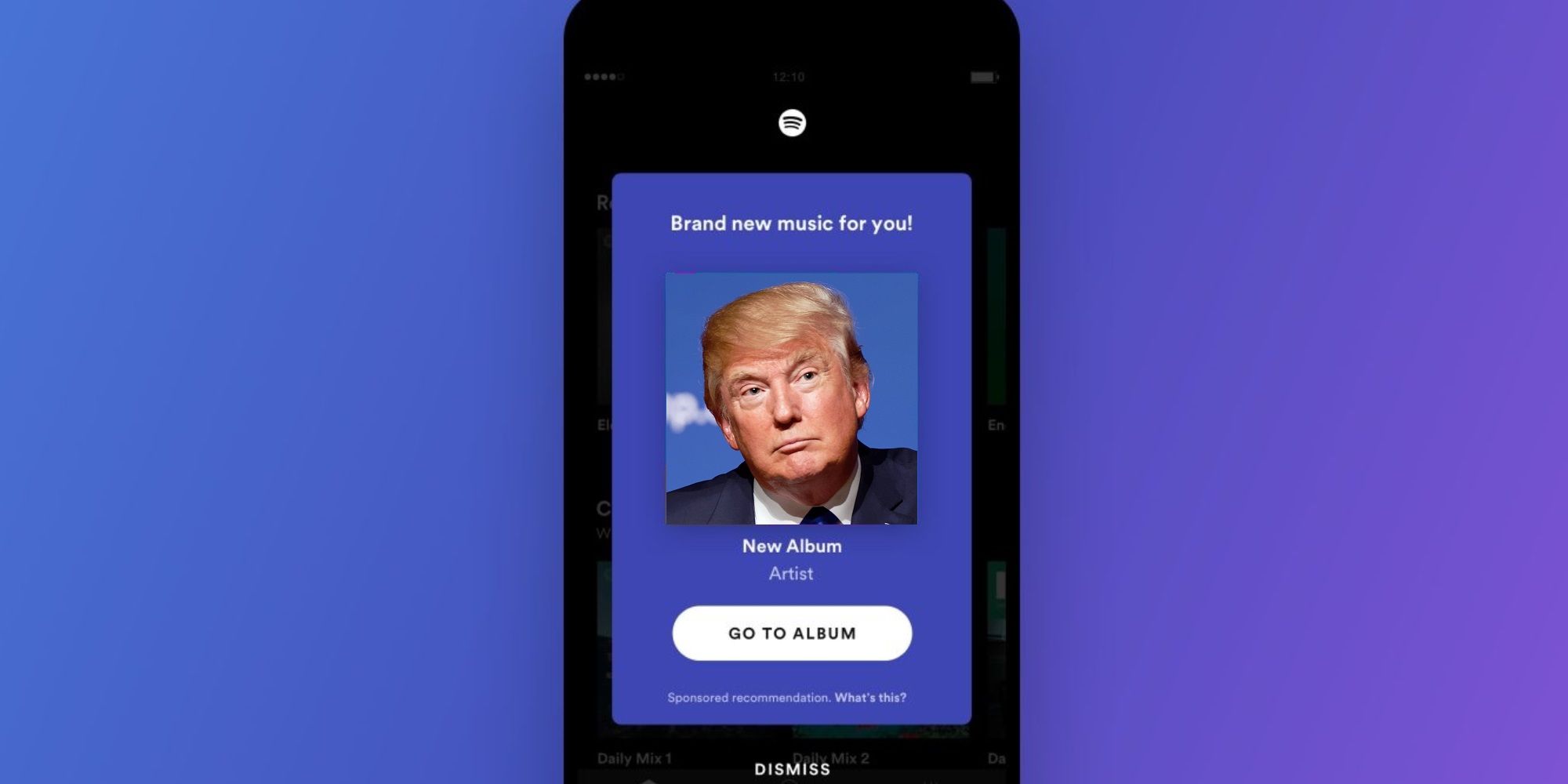
Spotify no longer plans to sell political ads on its platform in the U.S. This follows the increasing number of tech companies that are opting to forgo the revenue generated by political ads in favor of responsibility (or for fear of backlash). Although not all of the major tech companies and social media platforms seem to be on the same page, with Facebook being a notable outsider.
The cost of running political advertisements on tech platforms goes well beyond the dollar amount the ad space is sold for. This is particularly true for the tech companies themselves who have routinely come under fire for allowing political parties and individuals to place targeted ads on their platforms. This is also an issue that goes well beyond the limits of the U.S. political border with similar accusations having been leveled at tech companies by other countries, including the UK during the era of Brexit.
Today, Spotify confirmed in a statement to AdAge that it plans to end the use of political advertising on its platform in early 2020. This specifically applies to the company’s ad-supported streaming tier, as well as its original podcasts. According to Spotify, the company does not consider its process, systems and tools to be robust enough to ensure the advertising content is adequately and “responsibly” reviewed prior to being broadcast. Due to this, the company is ending this type of advertising for now, although it says it will review the decision again if and when its process improves.

Talking politics at the best of times is dangerous ground, and this is also true for major tech companies. Due to the tenderness of the political landscape today, tech companies are feeling the need to make proactive decisions that are in line with what they believe to be their brand ethos. Twitter is one of the best examples of this as the micro-blogging social media site recently announced it was completely banning political advertising in all respects. According to Twitter’s Jack Dorsey, who announced the change, “political message reach should be earned, not bought.”
Google is yet another example, although its change has not been quite as decisive as Twitter’s. Google has routinely come under fire recently for its use of ads in general and across many of its services, including YouTube. Due to this, Google has been making sweeping changes to its ads approach. On the political side, Google has not yet decided to completely remove the option to purchase political ads, but it is now limiting the groups and types of people political ad buyers can target. Facebook, on the other hand, is one of the few who outright refused to stop selling political ads, even if they are misleading - although the same rules don't apply to Instagram. The reason Facebook continually falls back on is freedom of speech.
Technically, Spotify says it has not made its decision based on any of these grander right or wrong points and instead insists it is more of a technical issue prohibiting it from continuing to support political ads. However, that is probably unlikely to matter much in the grand scheme of things. In today’s political world, every division, including the choice to do nothing at all, is seen by many as taking a side. In this sense, Spotify has sided with those companies who believe in acting more responsibly. The timing of this Spotify change is also an indication of intent considering there’s likely to be an uptick in political ads throughout next year, thanks to the 2020 Presidential election.
Source: AdAge
from ScreenRant - Feed https://ift.tt/2F4XpzD

0 Comments